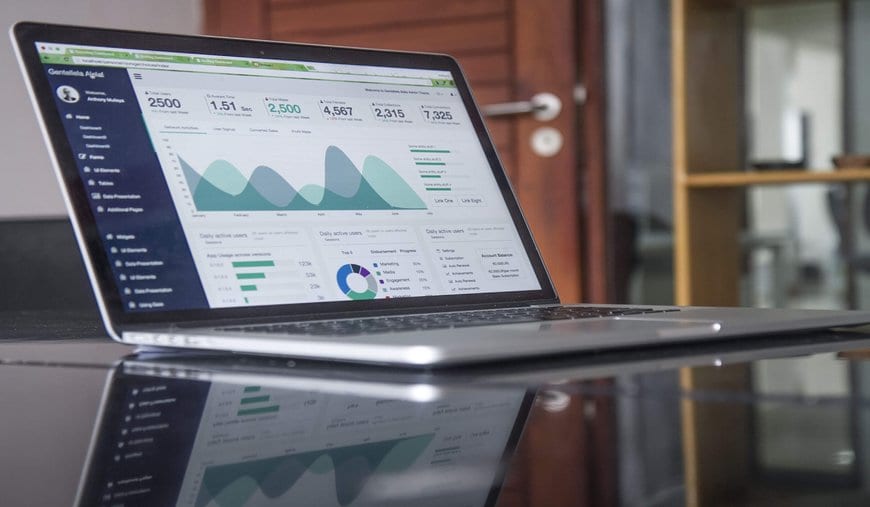Ireland’s economy in 2018—what can we expect?
2017 proved to be a positive year for businesses in Ireland, as well as for our growing economy.
According to the CSO, our economy grew significantly in the second half of the year with an impressive increase of 5.8%. Much of that growth can be traced back to expansions within the agricultural, financial and IT industries. Following the financial crash in 2008, the Irish economy seems to be on the fast track to a healthy recovery and it looks like we could begin to enjoy a steady stream of economic growth.
But, what does that mean for our future? With the arrival of the new year, economic experts and financial forecasters have been scrambling to make educated predictions of what’s to come.
With certain industries currently experiencing a wealth of success, competitors are keeping a close eye on reports to try and predict future trends. From this, entrepreneurs are anxious to learn if there is a bright future ahead of them and their respective businesses. Will we see further growth? Or will there be an unexpected dip in spending and investment?
To see where we stand and what we can expect, we’ve rounded up some expert insight information and put together a simplified list of three things which you can expect from Ireland’s economy in 2018.
1. Economic growth to peak at 4%
Towards the end of 2017, the Economic and Social Research Institute (ERSI) forecasted that Ireland’s economy is set to remain strong in 2018 with GDP forecasted at 4%.
This figure is backed up by similar predictions from the European Commission. Domestic factors including household spending and low unemployment rates are deemed to be the underlying cause of this growth as they are going to continue supporting the consumption of goods and services for the foreseeable future.
It is also predicted that a heightened level of investment in the construction industry will likely continue due a variety of indicators. Experts are also envisioning a rise in consumer spending for 2018.
2. Expansion of Ireland’s labour market
The same report from the ESRI discussed the expansion of Ireland’s labour market and the effect this will have on our economy.
Job growth is expected across multiple industries. Full-time positions are expected to replace part-time positions at “an accelerated rate” and unemployment levels look set to drop from 6.1% last year to 5.4% this year.
With more people taking up full-time employment, the European Commission are expecting a further increase in labour income over the next two years. Wages are also set to see an increase due to positive projections of inflation.
According to the ESRI report wage growth has intensified significantly, “rising four times faster in the period between Q2 2016 and Q2 2017 compared to the same period in the previous year.”
3. Eurozone economy to see fastest growth in a decade
As Ireland’s economy stabilizes after the recession, the European Commission has also forecast that the eurozone economy as a whole is set to grow at its fastest pace in a number of years.
According to statistics from the Commission, the economy of 19 countries who share the euro is set to grow following an increase of 2.2% in 2017, which was an increase from 1.8% the year previous.
However, this is set to drop in 2019 in 1.9% according to Commission officials.





